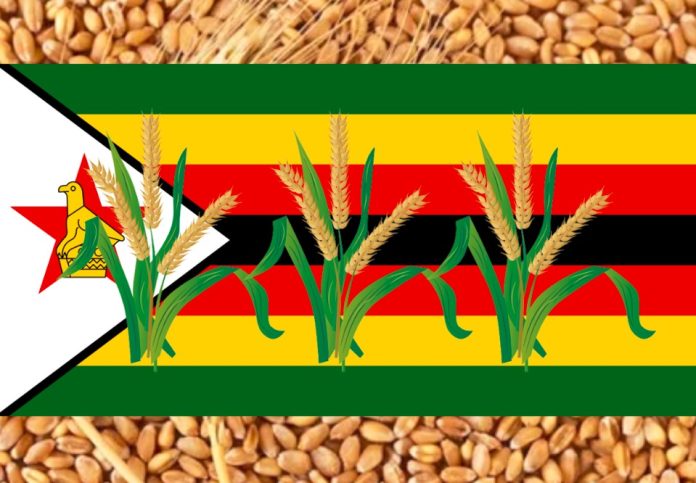News in brief: Zimbabwe is allowing private sector investment to fund 76% of its wheat crop production in 2023, aiming to improve food security in the country.
Zimbabwe is welcoming private sector participation in its wheat crop production in 2023 allowing them fund three quarters (or 76%) of its output. The government hopes that this move will boost food security in the country.
As Reuters, which broke the news explained, the country has struggled to feed itself for years. The report traces the shortage to Robert Mugabe’s seizure of white-owned farms in 2000. According to Index Mundi, Zimbabwe’s wheat production dropped from 324,000 metric tons (MT) in 1999 to about 62,000 MT in 2016.
From lack of enough skilled farmers to lack of funding, food shortage became the order of the day and the government struggled to fund the agricultural sector after claiming ownership of the land.
However, since 2017, after Emmerson Mnangagwa replaced Mugabe through a coup, wheat production has increased. It went from 158,000 MT to 280,000 MT in 2022. Mnangagwa, unlike his predecessor, allowed private sector investments. He also ended the monopoly on maize and wheat purchase that the state-owned Grain marketing Board (GMB) had enjoyed under Mugabe.
Since 2020, the wheat production has seen an uptick, coinciding with the formation of the Food Crop Contractors Association (FCCA): a group of commodity trader, offtakers and millers funding crop production in the country.
Chairman of the FCCA Graeme Murdoch commented that the wheat production environment is more liberal. He commended the government for making efforts to encourage more private sector participation.
The Zimbabwe government will still fund 24% of the entire planned wheat cultivation for 2023 and aims at an harvest of 408,000 tons by the end of the year.



